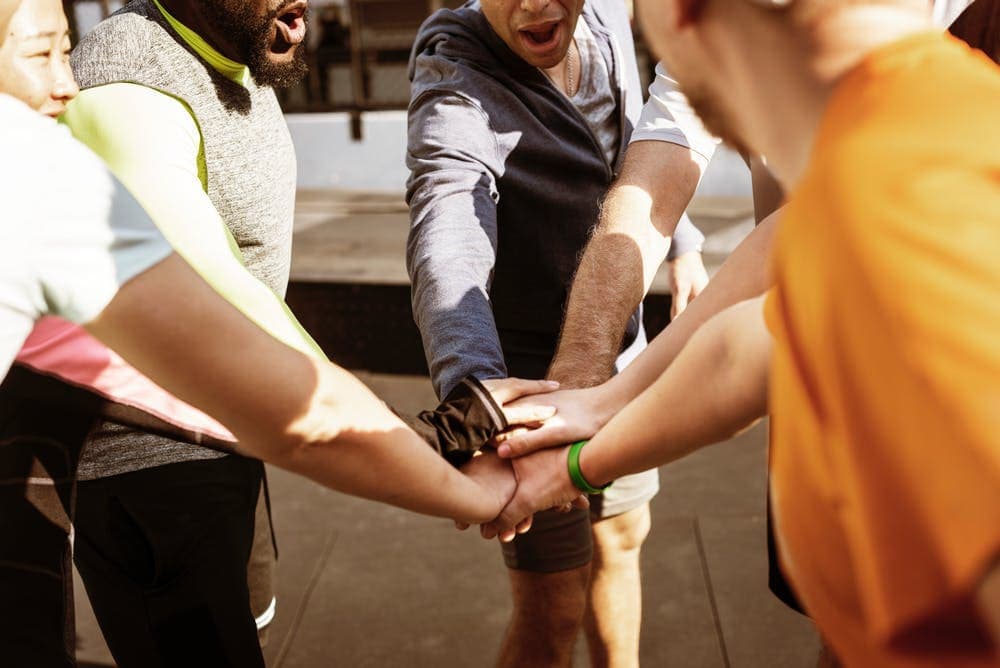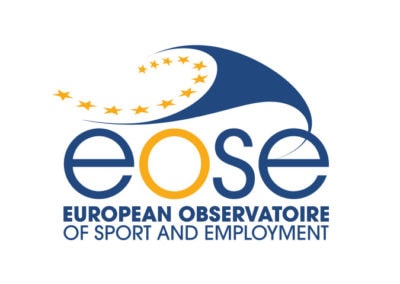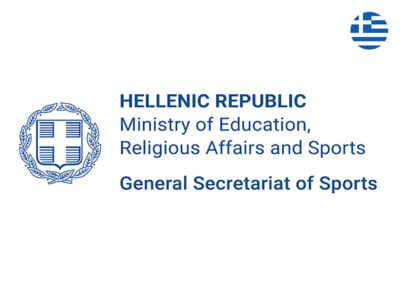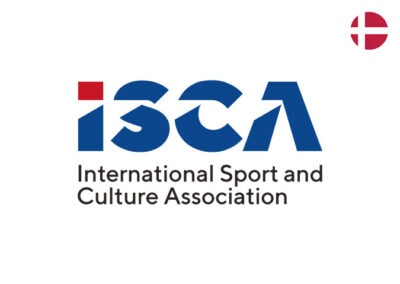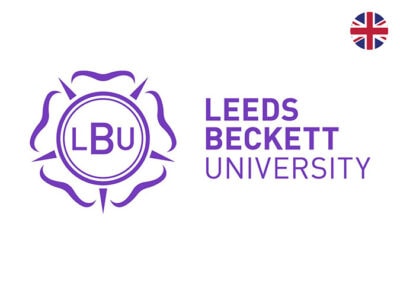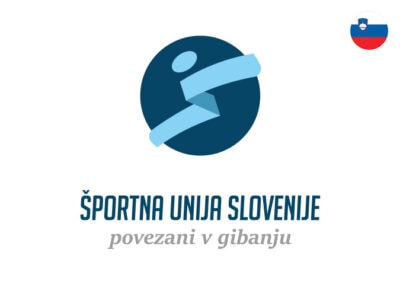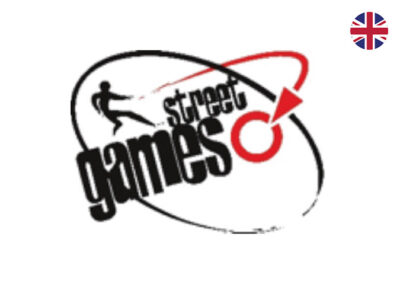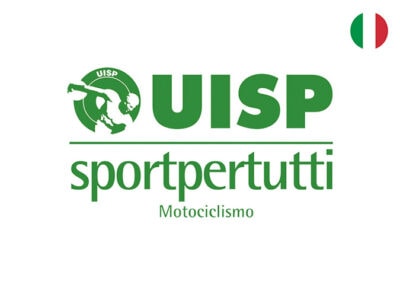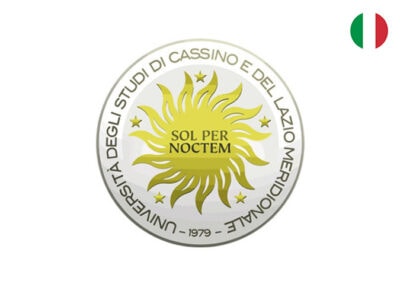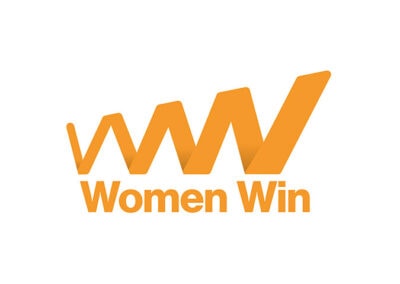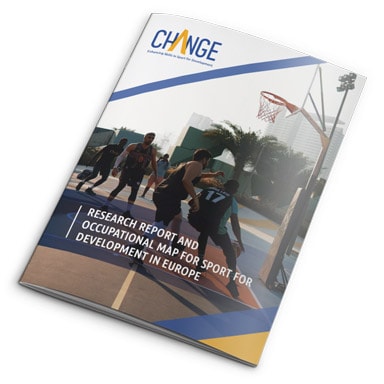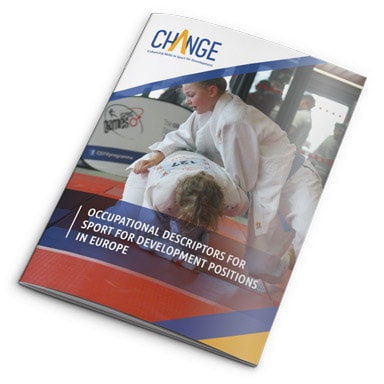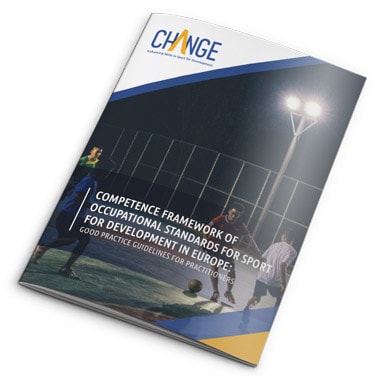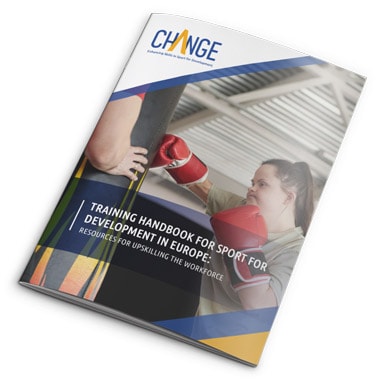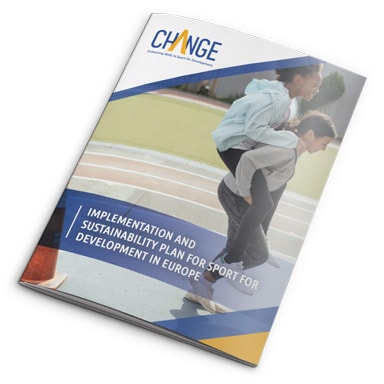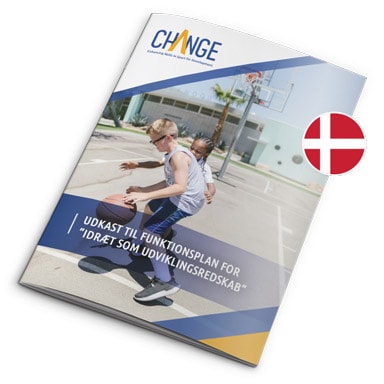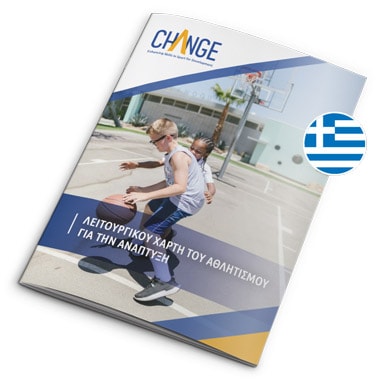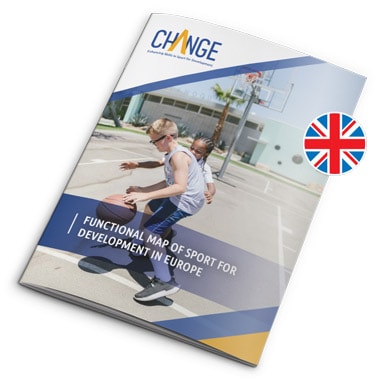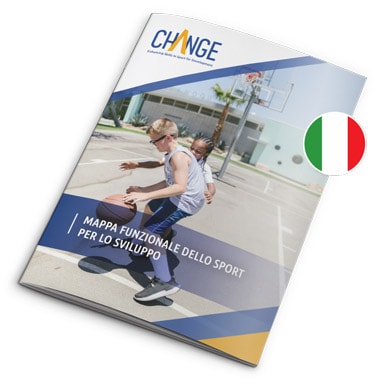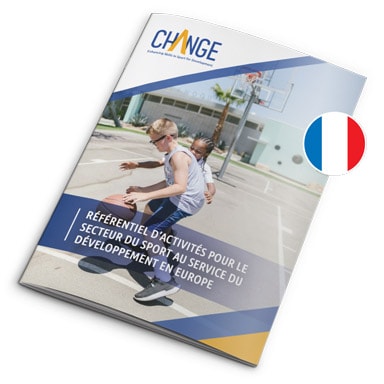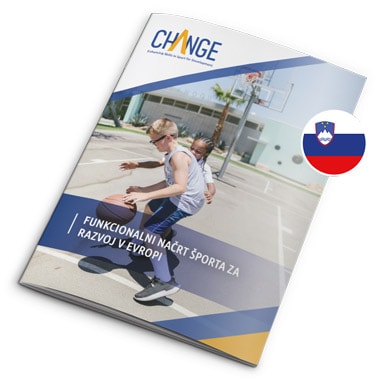CHANGE Project
Defining skills and competences for sport to act as a tool for development of people and society in Europe
The CHANGE project was funded under the Erasmus+ Sport Programme of the European Union and had a duration of three years from 2019 to 2021.
Background
Sport has the power to bring about positive change in communities and society. For individuals, sport can enhance personal and social development, employability, health, and re-engagement in education. The twin themes of the CHANGE project were societal and human development through sport.
CHANGE was a project founded on the belief that sport has huge potential to change society and change people but that to do so it needs a workforce with the right skills and competences, supported by a fit-for-purpose programme of education, training and professional development.
CHANGE focussed on the emerging field within the sport sector known as “sport for development”.
The Lifelong Learning Strategy for Sport and Physical Activity (7 Step Model) provided the overall methodology which was implemented though the CHANGE project to deliver the expected intellectual outputs.
Aim
CHANGE was a skills and education project aimed at improving the effectiveness of delivery of sport for development programmes which are designed to tackle social issues. The project met the following objectives to develop an understanding of the challenges facing the sport sector, and in particular the specialist field of sport for development in Europe, and develop and test innovative solutions.
To inform policy and strategy in sport through defining the size, scope, potential and role of sport for development in Europe and range of outcomes for communities and individuals it can achieve
To define the skills and competences needed by the key change makers – the coordinators and activators in sport for development in order to meet the new role for sport in social and human development.
To upskill the sport workforce through innovative education and training to develop the skills to meet the new roles expected of sport
Expected Outputs
OUTPUT 1: European Desk Research and Occupational Map for sport for development
The first step of the project was an extensive Desk Research to collect available qualitative and quantitative data to provide a concise overview of the realities, characteristics, tendencies and challenges within sport for development.
OUTPUT 2: Occupational Descriptors and definitions for sport for development positions in Europe
The partnership then developed “Occupational Descriptors” for two main identified positions within the area of sport for development in Europe. An occupational descriptor identifies key tasks/duties, responsibilities, skills and attributes which relate to a specific position as well as personal requirement, knowledge, qualifications and career routes.
OUTPUT 3: Functional Map for sport for development in Europe
The objective of the Functional Map is to provide a complete breakdown of functions and work activities that need to be carried out by sport for development professionals and practitioners.
OUTPUT 4: European Occupational Standards for sport for development coordinators and activators
The Occupational Standards are made up of units of competence describing the skills and knowledge necessary to perform in key sport for development roles in Europe.
OUTPUT 5: Training Programme Handbook with course outlines for sport for development coordinators and activators
The partners used the standards to develop a Training Programme Handbook of course outlines for sport for development coordinators and activators to help them reach the level of competence required to perform and match identified requirements / expectations.
OUTPUT 6: Implementation and Sustainability Plan for sport for development in Europe
The Implementation and Sustainability Plan can be considered as the final step and its main goals were to explore the processes that could be used to enhance the chance of continuity and implementation of the Occupational Standards and Training Programme Handbook beyond the life of the project.
Partnership
CHANGE brought together a unique partnership to explore skills issues in sport for development. The partnership was led by EOSE and included a national Sport Ministry, national and international sport for development charities, an umbrella body for grassroots sport and physical activity, national sport bodies, and universities.
CHANGE Library
Below you can find the final published outputs from the CHANGE project
CHANGE Competence Framework
English
CHANGE Training Handbook
English
CHANGE Functional Map
CHANGE Functional Map
Danish
CHANGE Functional Map
Greek
CHANGE Functional Map
English
CHANGE Functional Map
Italian
CHANGE Functional Map
French
CHANGE Functional Map
Slovenian
Contact
Need to know more about the CHANGE project?
Willing to take part in the dissemination and consultation process?
Interested in working with the CHANGE project partners or share ideas/suggestions/good practice ?
Get in touch, we will get back to you as soon as possible.
